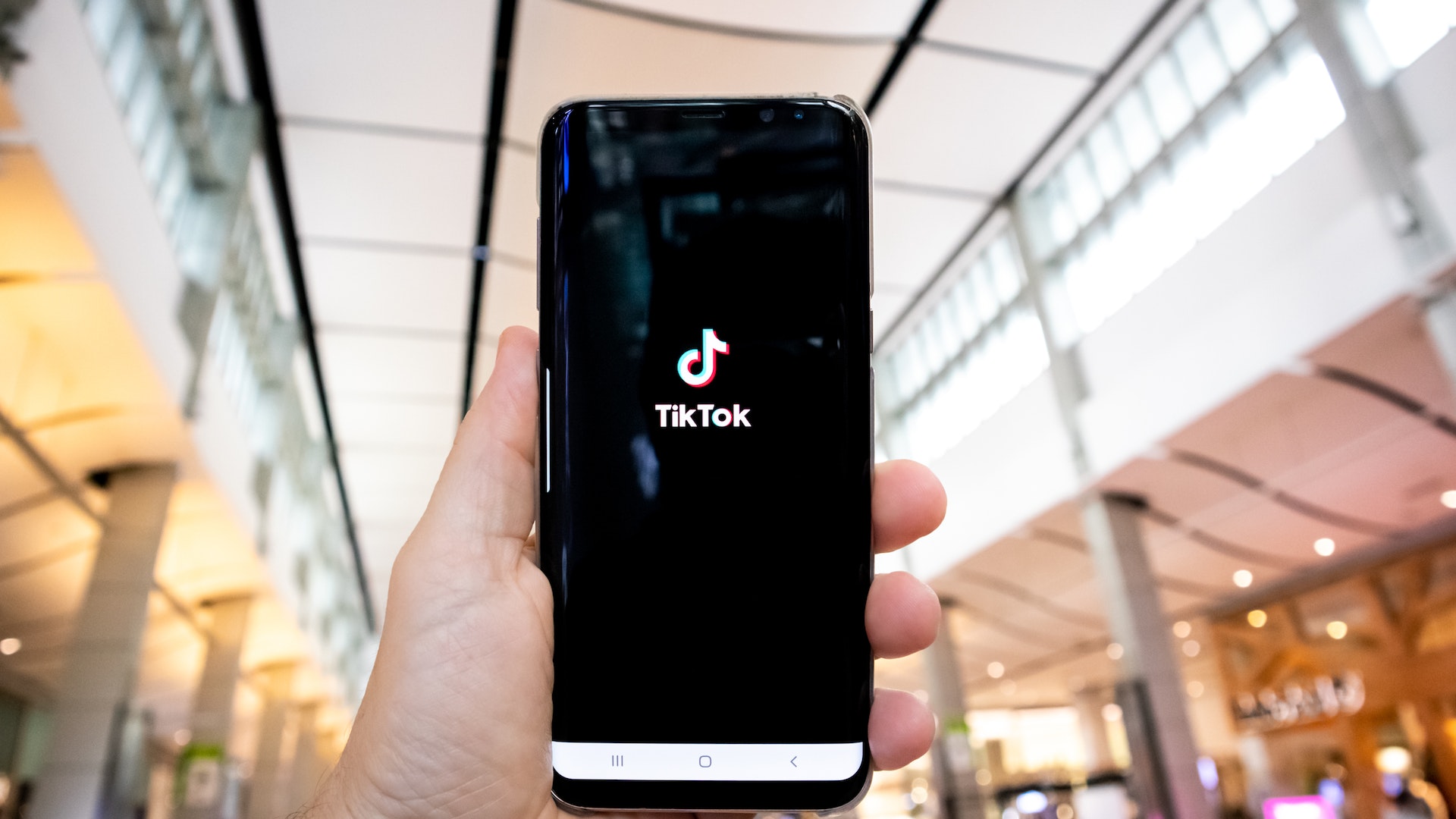
The year 2021 had many expectations riding on it after a pandemic riddled 2020, filled with the fear of the unknown.
NB: This is an article from Revinate
The strangeness of an entire year in lockdown ushered in a world that was forever changed. Travelers are now manifesting their dreams into reality, partly through the fear of missing out (FOMO), but otherwise emboldened by having come out the other side of a deep void of a quarantine.
Subscribe to our weekly newsletter and stay up to date
Consumer #FOMO is spreading where we work and play, from the housing market to the travel industry.
Next in line? Marketers with #FOMO driven by the impending cookie-less future.
Marketers began to feel #FOMO with the introduction of Apple’s privacy changes for iOS 15 which inhibits the collection of personal information including IP addresses, email addresses, and the biggest offenders- invisible tracking cookies. Google also has a raft of ideas to reduce the third-party tracking cookies and its ability to track users.
What Google, Firefox, and Apple are doing is not at all unexpected. Internet users’ privacy has constantly been abused. Organizations such as GDPR, CCPA, and other protection directives have all been created to restore privacy to the users. This means data protections are necessary, as Google and Apple are simply building higher walls upon already high walls.
At first thought, as a marketer – having been trained in the ways of Data Management Platforms (DMPs) and Customer Data Platforms (CDPs) and eeking out value based on the deep insight gleaned on guests, forming segments and marketing to the last $0.01 value – the current marketing tactics employed will forever disappear.
The cookies most likely affected by these fast-upcoming changes lie within third-party data. This is where demographic data and user behavior are collected. These are usually created by domains that the visitor is not visiting. This type of third-party cookie is a script that is used for online advertising purposes.
However, first-party cookies will continue to persist. This type of cookie enables the visitor to have the same experience every time they visit their favorite websites.



